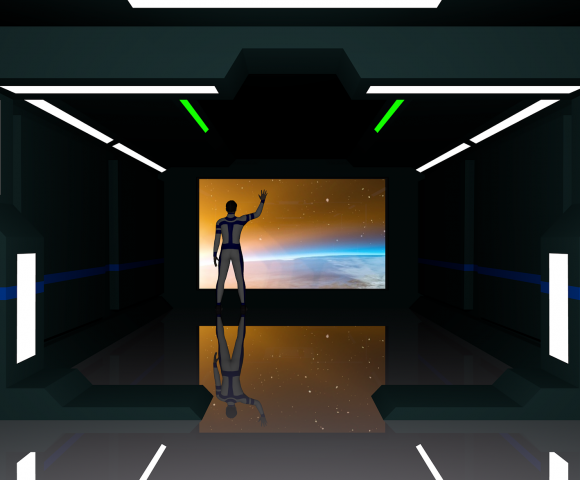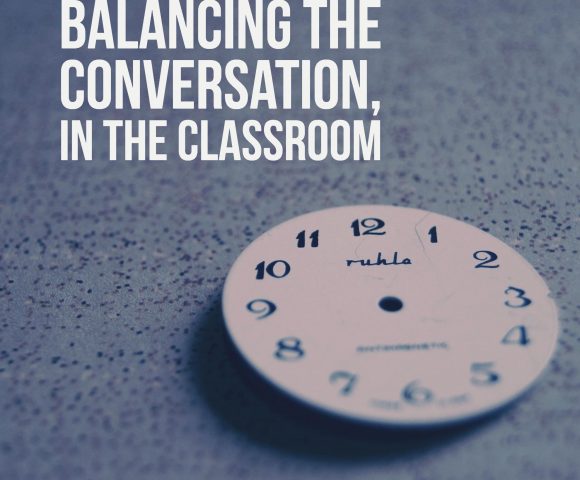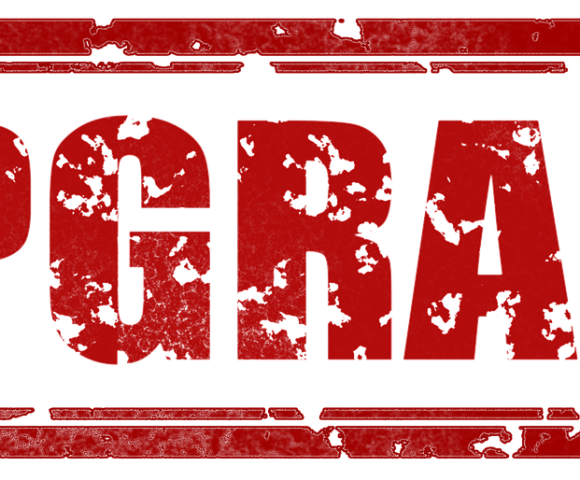
My Social Media Summer
At the beginning of summer I started a social media experiment, to bring people into the Center for American War Letters Archive with me (and my collaborator Doug) virtually, via FB Live, to share some of our findings from WWII letters. I had no idea what to expect from this experiment, whether it would flounder

Spark-ing Creativity in the Classroom
I’ve mentioned Spark before, but it definitely bears mentioning again, due to its usefulness for the classroom. For example, here is a Spark Page put together by Professor Matthew Gartner, to explain how to use the One Button Studio for capturing lecture based content: https://spark.adobe.com/page/QSnuBD251p4jK/

Creating space for all students to participate
This article about timekeeping as a feminist practice is perhaps one of the most influential pieces that I’ve read about pedagogy this year. Prior to reading this piece I hadn’t considered how I could user a timer to ensure that all students in my class have space for contribution. Although I have used a timer

How to Upgrade Yourself
Last week’s soapbox blog asked everyone to upgrade their use of technology. Now let’s get to the more practical advice–how to upgrade. There are several ways to improve educational technology skills. Take a look at the following list for ideas. YouTube Of course YouTube tops the list as the go-to place for how-to videos. Sometimes

What will Scholarship look like in the year 2025?
[This post is part of my ongoing series about Digital Scholarship…] Over the past decade there have been numerous attempts to reimagine the typical scholarly publication practices of authoring journal articles and monographs. An early experiment in this vein was the Vectors journal produced at USC, which used a variety of web technologies to create

Voices from the Archive
In a previous post I’ve written about the powerful experience of bringing students into the Center for American War Letters Archive (CAWLA), which is located in the lower level of the Leatherby Libraries. In order to extend the reach of the archive experience further than the walls of my classroom, I’m collaborating with librarian Doug

Measuring Learning
This YouTube video created by EDUCAUSE has me thinking that after hundreds and even thousands of years, we still don’t have a grasp on our assessments. Even some of our education thought leaders have a hard time defining what learning is. This video acknowledges the struggle of trying to assess learning and it suggests that

Are you ready to be Googled?
No matter what your current career stage–on the job market, or are applying to present at a conference, or publishing a new monograph–you will be Googled. And the real question is then, what will be found when that happens? Curating an online scholarly identity doesn’t happen overnight, but you can get the ball rolling with

Calming the Anxious Student
This semester has been a tough one for my students. We had illness, car accidents, senior capstone stress, and the typical spring fever–all of which brought a great deal of anxiety into my already-difficult class. As their teacher, I know I’m supposed to maintain a certain amount of rigor in the content and assessment of

That time I failed
Yesterday I was talking about final grades with my students. It’s that time in the semester that I tend to lose the interest of my seniors and others who are feeling more enthusiastic about their summer plans than about finishing out their coursework, so I was giving them some advice about seeing it through to